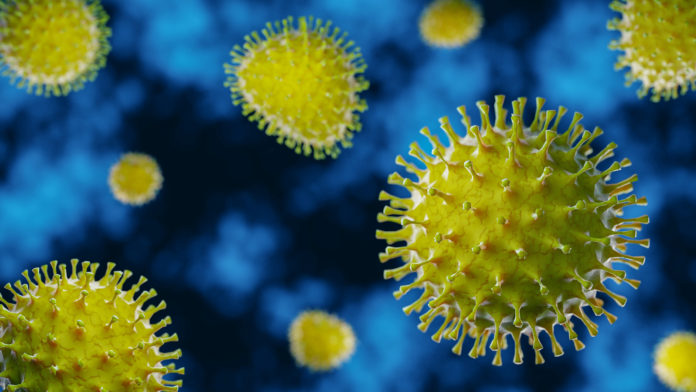
UPDATED 4/03/2020
According to the Centers for Disease Control (CDC), Americans currently have a relatively low risk of being exposed to COVID-19. The highest risk is among those in close contact with infected individuals (family members, healthcare providers, etc.) and travelers who’ve recently returned from affected international areas. But the number of new cases is rapidly expanding across the nation.
Government agencies are taking the situation seriously, as are food industry professionals. As U.S. citizens seek consolation, food and beverage manufacturers should be prepared to address food safety concerns and take extra precautions to protect employees, products, and consumers.
The following are some of the best resources to equip the food industry to respond to the coronavirus outbreak. We will continue to update this list as the situation develops.
General information
- CDC: The CDC maintains a source of the latest information on COVID-19, including state-specific data and resources, guidance on how to properly disinfect facilities that encounter suspected or confirmed cases, recommendations for canceling or rescheduled large events, and educational resources to share with the public.
- WHO: The World Health Organization is closely monitoring COVID-19 outbreaks around the globe and providing up-to-date research data, situation reports, and answers to common questions.
Food safety and supply chain
- FDA: Currently, the FDA is focused on the medical side of things (e.g. identifying fraudulent health products and monitoring the medical supply chain). But the agency has postponed foreign inspections and domestic facility inspections, unless such inspections are considered mission-critical. If the situation progresses, there could be additional actions that impact the food supply.
- USDA: “Can you contract coronavirus through food?” The short answer is “no.” The USDA addresses this and other common consumer questions on its website, as well as what steps the agency is taking to ensure food access in affected areas.
- FMI: The Food Industry Association has put together a downloadable guide titled “Coronavirus and Pandemic Preparedness for the Food Industry.”
- Institute for Food Safety at Cornell University: This comprehensive website out of Cornell University is specifically designed to provide food processors with resources for handling the coronavirus outbreak. It includes information on cleaning and disinfection, employee and food safety, sector-specific resources, and more.
Employee safety
- OSHA: OSHA has posted guidelines and resources for preventing exposure and infection among employees. Information includes how to identify potential exposure risks and sources, relevant OSHA standards on worker rights and safety, and steps to take if employees have contracted or been exposed to the virus. The agency also released an informational publication titled “Guidance on Preparing Workplaces for COVID-19.”
- Department of Labor: The Department of Labor’s website now contains information on how to prepare employees for the coronavirus situation, including some of the technical issues that may come up if employees contract the virus on the job.
- Environmental Protection Agency: This is an extensive list of disinfectants that meet the criteria for use against SARS-CoV-2, which causes COVID-19.
Financial assistance
- U.S. Small Business Administration: Small businesses that have suffered financial hardships due to the coronavirus outbreak may have access to low-interest federal disaster loans.
Travel
- Dept. of Homeland Security: Government agencies are advising against foreign travel at this time, and there are currently restrictions on travel to the U.S. from several at-risk countries. Food industry professionals who are planning to travel abroad should be mindful of the limitations and risks involved.







